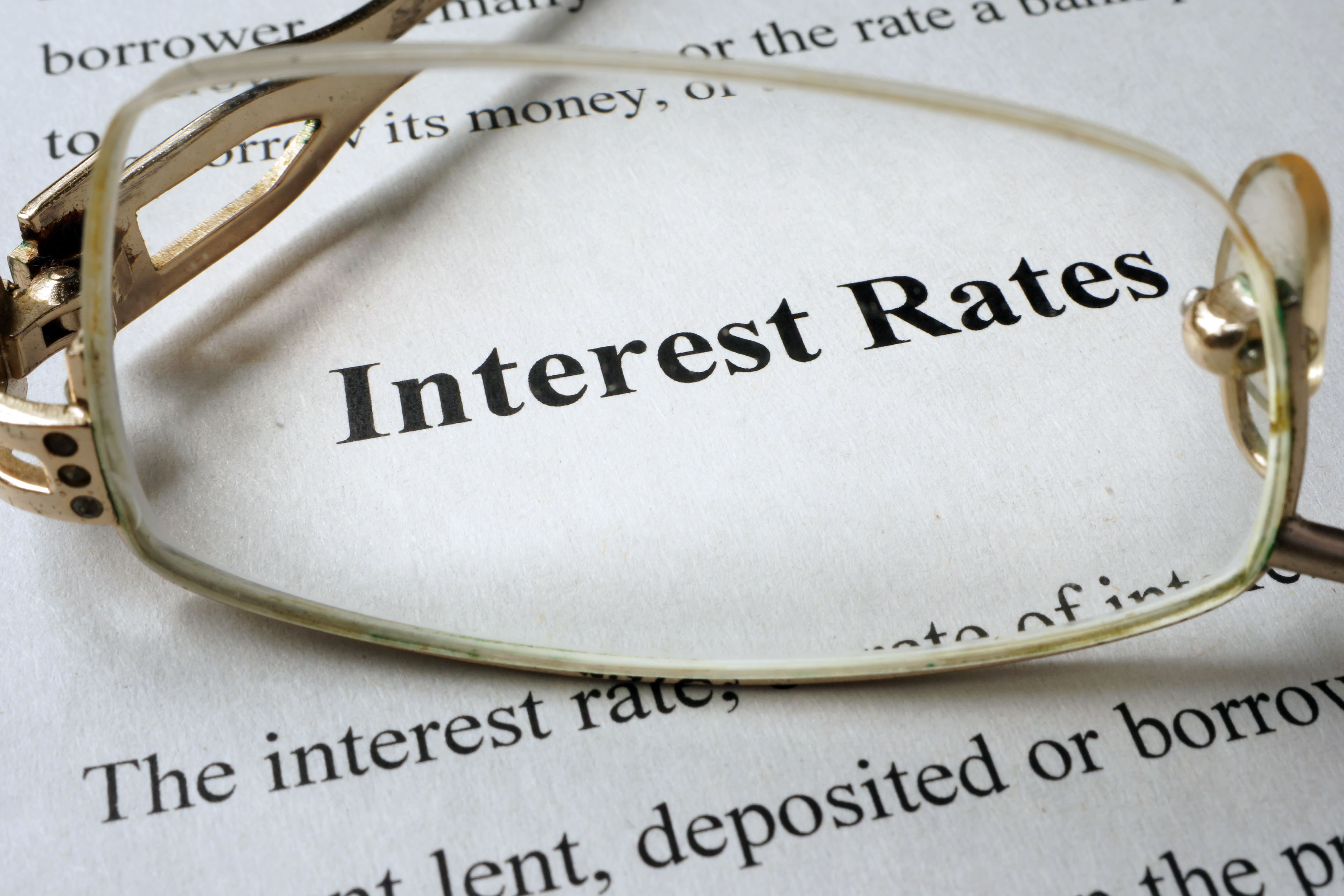Understanding Interest Rates for Your Car Purchase

Auto loan interest rates are primarily based on the borrower’s credit score and the rates the lender is willing to offer. Other factors, like the term of the loan, will impact the monthly payment. Different lenders offer varied incentives to encourage people to borrow from them instead of a competitor.
For example, dealerships attempt to entice car buyers with loan convenience. They offer the easiest option for car buyers who are looking to drive off the lot as soon as possible.
OnPath FCU also offers an array of incentives. Only members can get auto loans through OnPath FCU, and this exclusivity entitles them to benefits like competitive low rates and special discounts.
What’s the Average Auto Loan Length?
The length of an auto loan, or the term, will impact your monthly payment and how much interest accrues over the life of the loan. The average auto loan length is about 72 months (six years), but many lenders offer loans of up to 84 months.
How Does the Length of an Auto Loan Impact Interest?
The annual percentage rate (APR) is the yearly interest rate, but auto loan interest is typically calculated and accrued daily. If you borrowed $1,000 at 4.65 percent interest, the loan would accrue $46.50 in the first year; $46.50/365 equals about $0.13 per day.
Every payment you make on the principal changes the calculation. If you paid off $100 of principal the first month, the interest calculation would be $900 x 0.0465 at the start of the second month.
Most lenders have minimum amounts you can borrow, so your loan will likely be much higher.
While longer terms can make your monthly bills easier to manage, you will inevitably pay more in the long run if you’re only paying interest and the minimum required principal payments.
What’s the Average Auto Loan Interest Rate?
The interest rates offered by lenders change often. The rates available to you will also vary based on your credit score. You will qualify for a better APR if your credit score is “excellent” (over 750) instead of “needs work” (lower than 640).
Your credit score is an indicator of your risk as a borrower. Lending money is essentially an investment in a person, and riskier investments must pay out more to make it worth assuming the risk for the investor.
There are also different rates available for certain types of vehicles. For example, rates are often lower for new vehicles and promotional vehicles than they are for used vehicle loans.
You should always research your loan options before signing any papers. Visit OnPath FCU’s auto loan page to learn about our current rates.
Why Do Credit Unions Offer Lower Rates?
Credit unions are member owned, so their rates and policies tend to favor members. The major banks are owned by investors who want to maximize profits.
Credit union member owners are the ones using the loans, so they have an interest in keeping loan interest rates low and minimizing fees. National banks, which are owned by investors, have an interest in increasing rates and fees as much as possible to generate better profits for investors.
The same motivation applies to private auto loan providers and car dealerships. They are driven by their own profit motives, which generally means higher rates and fees.
For-profit lenders still want to be competitive, which is why they often try to entice borrowers with specials, discounts or other incentives.
Should You Always Get Loans from a Credit Union?
Every person’s situation is unique, and you should always shop around rates, fees and discounts to find the loan that’s best for you. In many cases, the best rates you’ll have access to will be at an FCU, but there may be scenarios where it makes more sense to go elsewhere for your loan.
If you’re in the market for a new vehicle or pre-owned vehicle, you should visit OnPath FCU to learn about our auto loans and the benefits of membership. Call us at 800.749.6193 for more information.